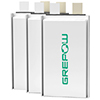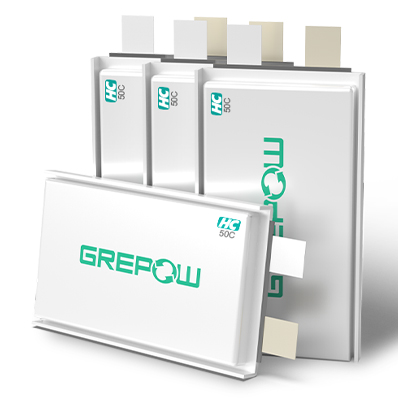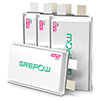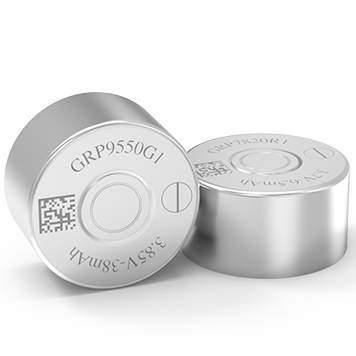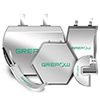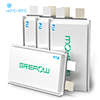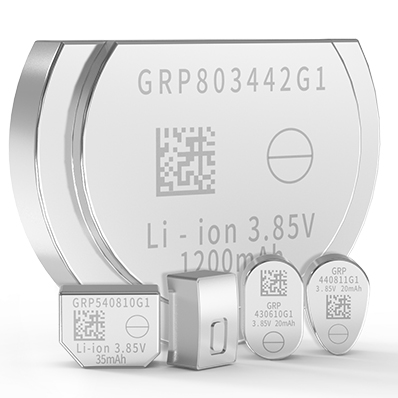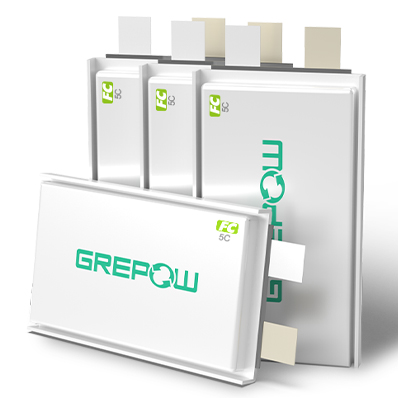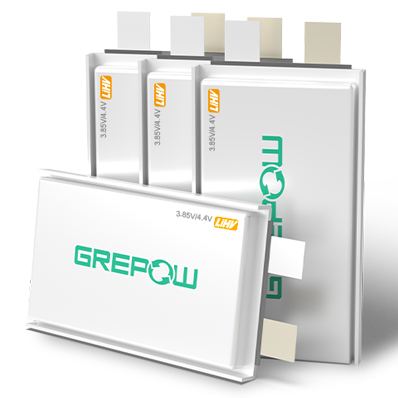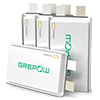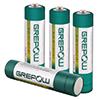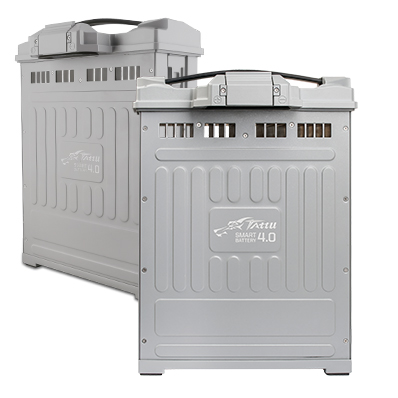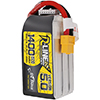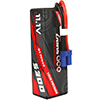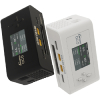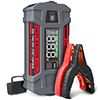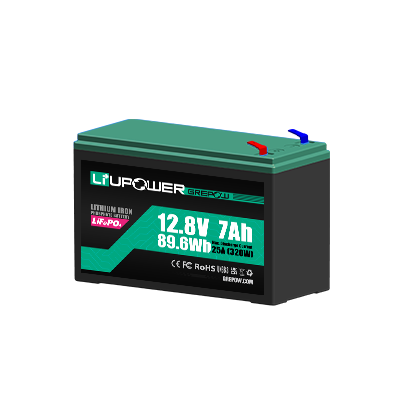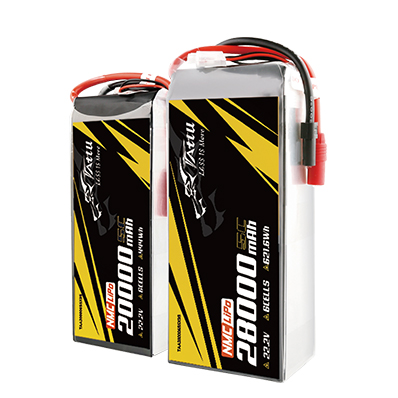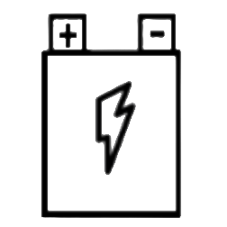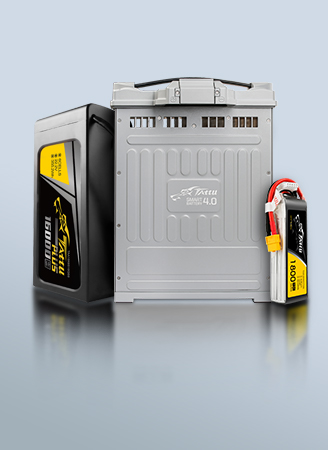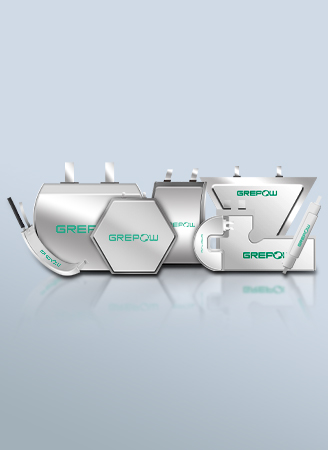The Leading Semi Solid-State Battery Manufacturers of 2025
The battery technology landscape is undergoing a rapid transformation, with semi solid-state batteries emerging as a significant breakthrough. These batteries promise to bridge the gap between traditional lithium-ion batteries and fully solid-state alternatives, offering enhanced performance, safety, and scalability. This article explores semi solid-state batteries, their key benefits, comparisons with other battery technologies, and profiles the top manufacturers leading this industry in 2025.
What Are Semi Solid-State Batteries?
Semi solid-state batteries are an advanced type of battery that combines elements of traditional liquid electrolytes and solid-state technologies. Unlike traditional lithium-ion batteries, which rely entirely on liquid electrolytes, semi solid-state batteries use a hybrid approach with a semi-solid or gel-like electrolyte. Semi solid state batteries represent a significant technological evolution in the realm of battery technology, bridging the gap between traditional liquid lithium-ion batteries and solid-state batteries. This design improves safety and energy density while addressing the scalability and cost challenges associated with fully solid-state batteries.
Key Characteristics and Benefits of Semi Solid-State Battery
●Improved Energy Density: Semi solid-state batteries can achieve higher energy densities compared to traditional lithium-ion batteries, enabling longer runtimes for devices and vehicles.
●Enhanced Safety: By reducing the flammability of electrolytes, these batteries significantly lower the risk of thermal runaway and fires.
●Longer Lifespan: The use of solid and semi-solid electrolytes minimizes dendrite formation, enhancing cycle life.
●Faster Charging: Experience quicker recharge times, meaning less downtime and more efficiency in energy usage.
●Cold-Weather Performance: Semi solid-state batteries maintain performance even in low temperatures, addressing one of the critical limitations faced by traditional batteries.
●Scalability: Semi solid-state batteries are easier to manufacture at scale compared to fully solid-state batteries, offering a cost-effective solution for widespread adoption.
Semi Solid-State Battery VS Traditional Lithium-ion Battery
●Electrolyte: Semi solid-state batteries use a hybrid semi-solid electrolyte, offering improved ionic conductivity and reduced leakage risks compared to liquid electrolytes.
●Energy Density: Semi solid-state batteries outperform traditional lithium-ion batteries with up to 30-50% higher energy density.
●Safety: Unlike lithium-ion batteries, which are prone to overheating, semi solid-state batteries offer greater thermal stability.
●Cycle Life: These batteries typically exhibit a longer cycle life due to the reduced degradation of electrodes.
●Charging Speed: Semi solid-state batteries support faster charging, reducing the time required to reach a full charge.
●Cold Weather Performance: Semi solid-state batteries demonstrate better performance in low-temperature environments compared to traditional lithium-ion batteries.
●Manufacturing: While traditional lithium-ion batteries have a mature manufacturing process, semi solid-state batteries present a compelling alternative with relatively low adaptation costs.
Semi Solid-State Battery VS Fully Solid-State Batteries
●Electrolyte: Semi solid-state batteries use a gel-like or hybrid electrolyte that provides improved ionic conductivity and easier manufacturability compared to the completely solid electrolytes in fully solid-state batteries. Fully solid-state batteries, while safer and denser, often face challenges with interface resistance and mechanical stability.
●Energy Density: Fully solid-state batteries lead in energy density, but semi solid-state batteries strike a balance between performance and manufacturability.
●Cost: Semi solid-state batteries are less expensive to produce than fully solid-state batteries, which require complex fabrication techniques.
●Commercial Readiness: Semi solid-state batteries are closer to mass-market deployment, whereas fully solid-state batteries face technical and scalability hurdles.
Common Applications of LiPo Batteries
●Electric Vehicles (EVs): High energy density and safety make these batteries ideal for EVs.
●Aerospace and Drones: Lightweight, high-performance batteries are essential for aviation and unmanned vehicles.
●Portable Electronics: Longer battery life and safety are attractive for smartphones, laptops, and wearables.
●Energy Storage Systems: Grid-scale storage benefits from the durability and safety of semi solid-state batteries.
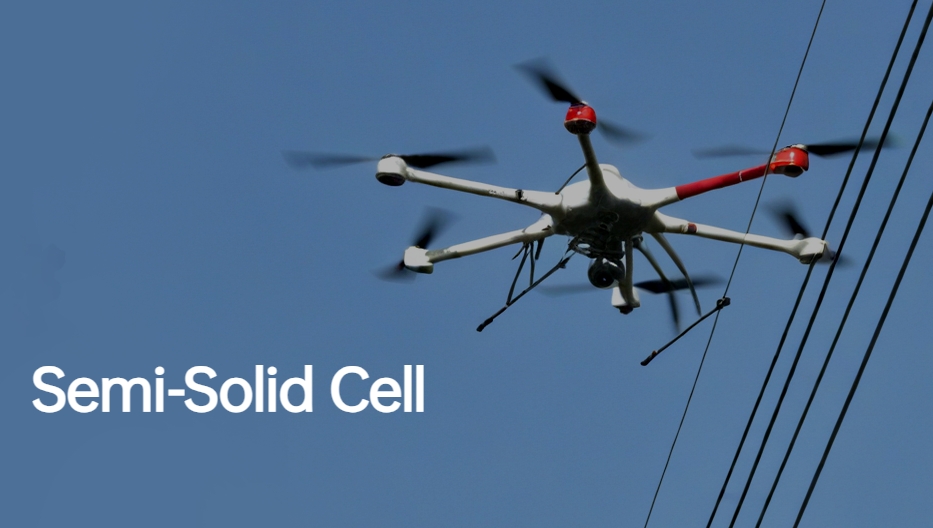
Market Trends in Semi Solid-State Battery Technology
The semi solid-state battery market is witnessing exponential growth, driven by:
●Demand for EVs: Governments worldwide are promoting EV adoption, fueling demand for advanced batteries.
●Technological Advancements: Ongoing R&D efforts are improving battery performance and lowering costs.
●Growing Investment: Major automakers and technology companies are investing heavily in the development and commercialization of semi-solid-state battery technology.
●Sustainability Goals: Eco-friendly manufacturing processes and materials are gaining traction.
●Strategic Partnerships: Collaborations between automakers and battery manufacturers are accelerating commercialization.
Top Semi Solid-State Battery Manufacturers in 2025
1. CATL (Contemporary Amperex Technology Co., Limited)
●Overview: A leading global battery manufacturer with extensive research and development capabilities in semi-solid-state battery technology.
●Key Features: Industry-leading R&D, high energy density batteries, and strategic partnerships with top EV manufacturers.
●Applications: EVs, energy storage systems.
2. WeLion
●Overview: A Chinese battery company specializing in advanced battery technologies, including semi-solid-state batteries.
●Key Features: Specializes in hybrid electrolytes, offering a balance between performance and cost. Known for its rapid production capabilities and partnerships with major automotive brands.
●Applications: Consumer electronics, EVs.
3. Farasis Energy
●Overview: A global technology company focused on developing and manufacturing high-performance lithium-ion batteries, including semi-solid-state variants.
●Key Features: Focused on sustainability with high-performance semi solid-state designs.
●Applications: Renewable energy and automotive sectors.
4. Qingtao Energy
●Overview: A Chinese battery manufacturer known for its innovative battery technologies, including semi-solid-state solutions.
●Key Features: Pioneering in manufacturing scalability and affordability.
●Applications: Industrial and aerospace.
5. Grepow
●Overview: A leading manufacturer of high-performance lithium-ion batteries, with a growing focus on semi-solid-state technology.
●Key Features: Expertise in high-performance, customizable batteries for drones and robotics.
●Applications: Drones, delivery robots, wearables and medical devices.
6. Ganfeng Lithium
●Overview: A global leader in the lithium industry, expanding its operations into battery manufacturing, including semi-solid-state batteries.
●Key Features: Vertical integration ensures cost efficiency and innovation in battery chemistry.
●Applications: EVs and portable power solutions.
7. Zendure
●Overview: Focus on consumer applications and a commitment to delivering high-quality, reliable products.
●Key Features: Known for portable power stations leveraging semi solid-state batteries.
●Applications: Consumer and industrial energy storage.
Choosing the Right Semi Solid-State Battery Manufacturer
Selecting the right semi-solid-state battery manufacturer depends on various factors, including:
●Performance Metrics: Energy density, cycle life, and safety features.
●Application: The specific application will determine the required energy density, power output, safety requirements, and other performance characteristics.
●Cost: The cost of the battery is a critical factor, especially for high-volume applications like electric vehicles.
●Production Capacity: Evaluate their ability to meet demand efficiently.
●Reliability and Quality: The manufacturer's track record in delivering reliable and high-quality batteries is crucial.
●Technical Support: The availability of technical support and expertise from the manufacturer is essential for successful integration and ongoing maintenance.
●Partnerships and Collaborations: Strong industry ties can indicate reliability and innovation potential.
Challenges Facing Semi Solid-State Battery Manufacturers
Manufacturers face several challenges:
●Scalability Issues: While easier than fully solid-state options, scaling production remains complex.
●Cost Competitiveness: Despite being cheaper than solid-state alternatives, they still need to compete with traditional lithium-ion prices.
●Raw Material Supply Chains: Increased demand for lithium could strain resources, affecting production costs and availability.
●Standardization: The lack of industry-wide standards for semi-solid-state batteries can create challenges for interoperability and compatibility.
Future Outlook for Semi Solid-State Battery Manufacturers
The future of semi solid-state batteries is promising, with continued innovation and commercialization expected to drive growth. Continued advancements in technology, coupled with increasing demand from various sectors, are expected to drive significant growth in this market. Leading manufacturers with strong R&D capabilities, robust manufacturing infrastructure, and a focus on customer needs are well-positioned to capitalize on this growth opportunity.Key trends include:
●Increased Investment: Both public and private funding in battery R&D.
●Broader Adoption: Expansion into new markets like aviation and marine.
●Enhanced Performance: Focus on achieving parity with or surpassing fully solid-state batteries.
●Global Collaboration: Cross-border partnerships to advance the technology ecosystem.
Conclusion
Semi solid-state batteries represent a critical step toward the next generation of energy storage solutions. With leading manufacturers like CATL, Grepow, and WeLion driving innovation, these batteries are set to revolutionize industries ranging from automotive to consumer electronics. As challenges are addressed and opportunities expand, the potential for this technology in 2025 and beyond is boundless. As a global leading LiPo battery manufacturer, Grepow offers semi-solid-state batteries with an energy density of up to 350Wh/kg. These batteries exhibit excellent stability and cost-effectiveness, meeting the growing demands of drones and portable consumer electronics. If you have any questions or needs, please feel free to contact us at info@grepow.com.
Related Articles
-

What Is a Long Endurance Drone?
2025-04-16 -
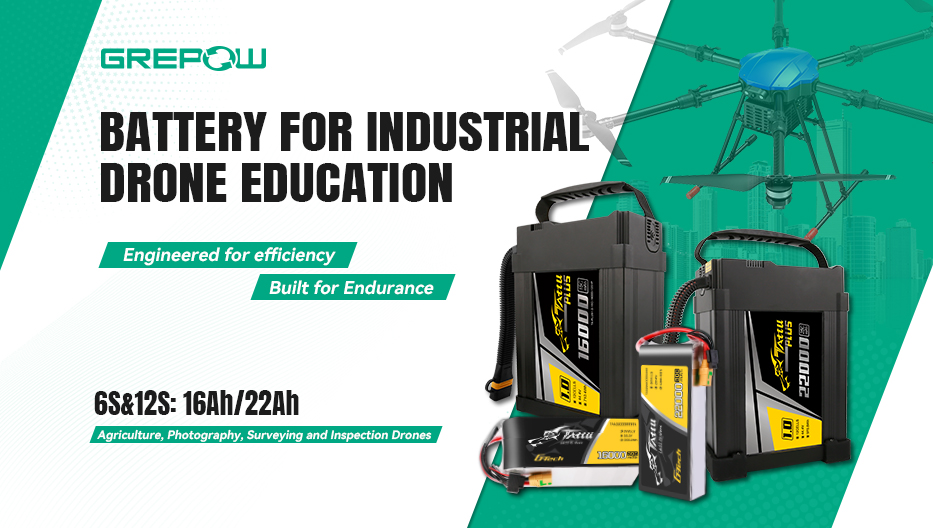
Empowering Drone Training with Grepow’s Tailored Battery Solutions
2025-04-15 -
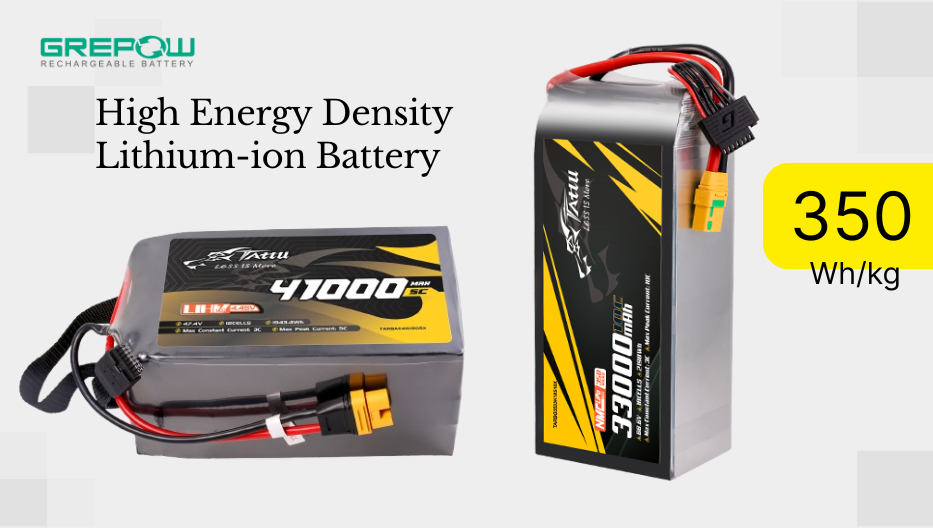
Four Specialized Lithium-Ion Battery Types Basis
2025-04-10
Related products
-
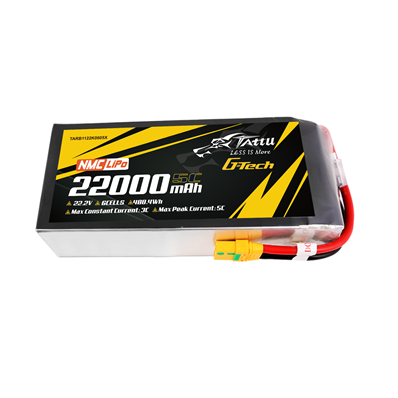
22000mAh 22.2V 6S Semi-Solid State Battery Pack with G-Tech
-
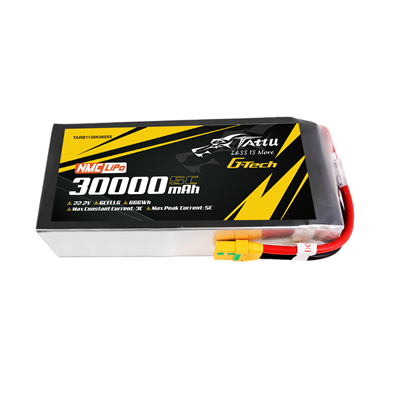
30000mAh 22.2V 6S Semi-Solid State Battery Pack with G-Tech
-
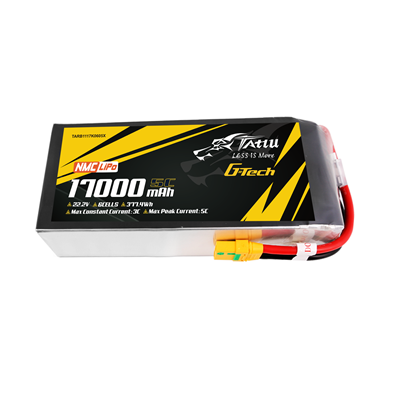
17000mAh 22.2V 6S Semi-Solid State Battery Pack with G-Tech

